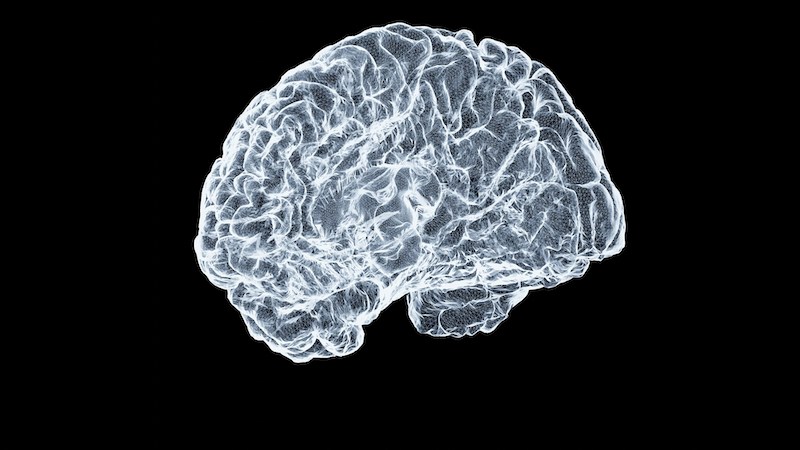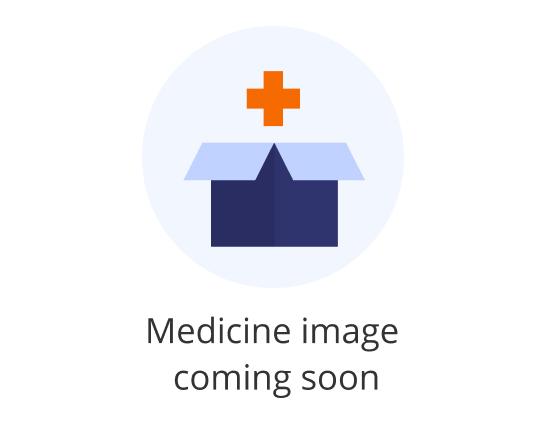Who is eligible for Kisunla, the latest FDA-approved treatment for dementia?
Last updated: 10 September 2024

You can legally access new medicines, even if they are not approved in your country.
Learn howFollowing lecanemab, Kisunla (donanemab) is the latest dementia treatment to receive FDA approval, representing a significant advance in Alzheimer’s care after decades without new breakthroughs.
However, Kisunla's EMA approval is still pending. With any luck, this process will be faster than lecanemab’s European approval. If you’re already wondering whether you or a loved one might be eligible for Kisunla (donanemab) once it’s available in your country, here's all you need to know.
What you should know about the latest treatment for dementia
Similar to lecanemab and the now discontinued aducanumab, Kisunla is a disease-modifying treatment. It aims to slow down the progression of cognitive decline, but it is not a cure for Alzheimer's disease. There is also no evidence that it can reverse any cognitive damage.
Kisunla works by helping clear beta-amyloid plaques in the brain. This is a similar mechanism of action to lecanemab. However, there is a slight difference in the way each medicine targets amyloid-beta plaques. While lecanemab targets amyloid plaques as they start to form fibers, Kisunla binds with them after they have already clumped together 1.
Both Kisunla and Leqembi are administered via intravenous infusion, but Kisunla requires less frequent dosing—every four weeks compared to Leqembi’s bi-weekly schedule. This lower frequency could be a key factor for patients who live far from medical facilities where they receive infusions. However, this may change once Leqembi’s autoinjector, currently awaiting FDA approval, becomes available 2.
How effective is Kisunla?
In the TRAILBLAZER-ALZ 2 Phase 3 trial, Kisunla (donanemab) showed promising results in patients with early Alzheimer’s symptoms. Key findings included:
- a 35% reduction in cognitive decline for those with intermediate tau levels, which increased to 36% over 18 months.
- nearly half (47%) of patients showed no decline after one year, compared to 29% in the placebo group.
- 52% of patients completed treatment within a year due to plaque clearance. Patients on Kisunla experienced 40% less decline in daily activities and had a 39% lower risk of disease progression 3.
Who is eligible for Kisunla?
Kisunla is intended for patients in the early stages of Alzheimer’s disease and those with mild cognitive impairment. Additionally, as with other new medicines, patients need to meet the same inclusion criteria that were used in the clinical trial preceding Kisunla's approval. This means that to qualify for a treatment you need to:
- be between 60 and 85 years of age;
- show a gradual and progressive change in memory function over a period of 6 months or longer;
- score between 20 and 28 on the Mini-Mental State Examination (MMSE);
- meet the criteria for a 18F-florbetapir PET scan 6.
Who should not take Kisunla?
Certain health conditions listed below may increase the risks associated with Kisunla:
- A genetic risk factor (homozygous APOE ε4 gene) due to increased risk of amyloid-related imaging abnormalities (ARIA);
- Intestinal blockage, which Kisunla could worsen;
- History of allergic reactions to Kisunla or its ingredients 7.
Are you unsure whether you are eligible for a Kisunla treatment? Having an open discussion with your doctor is always a good start. Even more so if you have a history of Alzheimer's in your family.
In the end, qualification criteria are important, but other factors such as your family history and health condition may be more impactful for your doctor in making a decision to prescribe Kisunla or not.
How can you get Kisunla outside the USA?
Maybe you're wondering what the point is of discussing Kisunla with your doctor if you're based outside the USA, where the medicine isn't approved yet. Luckily, you can get the treatment anyway, as long as your doctor prescribes it.
This is possible thanks to the Named Patient Import regulation applicable in most countries. It allows individual patients to buy and import a medicine for their personal use, if there are no alternatives locally, and the medicine can address a serious condition.
How much does Kisunla cost?
The question of medicine costs is always difficult to answer, as it depends on where you're located, what insurance plan you have, and whether the medicine in question is approved in your country.
However, to give you an indication, Kisunla's price for a year's treatment is estimated at USD 32,000 (compared to USD 26,000 for Leqembi) 4.
How long your Kisunla treatment will last would depend on your beta-amyloid scans. Once the plaques have cleared, you may stop the treatment. For some patients, this can take 6 months, for others - a year or longer.
Good to know is that as soon as Kisunla and/or Leqembi get approval somewhere else in the world, the price for both medicines is likely to drop. After all, the US medicines market is close to 3 times more expensive than in the rest of the world 5.
Is Kisunla covered by insurance?
That depends on your insurance plan and your location. If you're in the USA, you may be able to get partial or full coverage from your insurance plan.
However, if you're based outside the USA, such as in Europe or the UK, you're unlikely to get any insurance coverage for your Kisunla treatment until it's approved in your country.
Do you qualify for Kisunla, and has your doctor prescribed it? Get in touch with our team at Everyone.org. We'll support you in buying donanemab before it's approved or available in your country.
References:
- Leqembi (Lecanemab) vs Donanemab For Alzheimer's: What's The Difference? . Local Infusion, 31 August 2023.
- Eisai Initiates Rolling Biologics License Application to US FDA for LEQEMBI® (lecanemab-irmb) for Subcutaneous Maintenance Dosing for the Treatment of Early Alzheimer's Disease Under the Fast Track Status. Biogen Investor Relations, 14 May 2024.
- Lilly's Donanemab Significantly Slowed Cognitive and Functional Decline in Phase 3 Study of Early Alzheimer's Disease. Eli Lilly Investors, 3 May 2023.
- Schmidt, Eric, and D. Fisher. 5 Things to Know About Kisunla, the New Alzheimer's Drug. Fisher Center for Alzheimer's Research Foundation, Accessed 20 August 2024.
- International Prescription Drug Price Comparisons: Estimates Using 2022 Data. ASPE, Accessed 20 August 2024.
- A Study of Donanemab (LY3002813) in Participants With Early Alzheimer's Disease (TRAILBLAZER-ALZ 2). ClinicalTrials.gov, Accessed 20 August 2024.
- Kisunla Interactions: Alcohol, Medications, and Others. Healthline.com, Accessed 20 August 2024.





